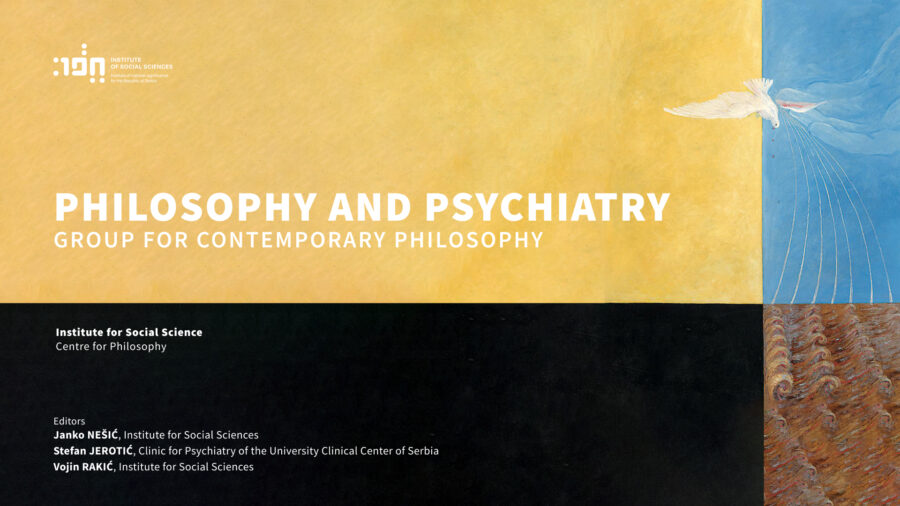In the lecture held on February 29, dr Iva Ivanović discussed how the understanding of autism has changed under the influence of modern scientific research in the past 80 years.
The most significant changes can be observed in the diagnostic criteria, which went from a narrower to a broader description. In earlier studies of autism, language or speech had a key role and perspective in examining this disorder. Current research is increasingly focusing on “high-functioning” autism, people with proper speech-language development, with the intention of better understanding the psychological and cognitive characteristics of the so-called “pure autism” and its differences in phenotypic presentation.
Over the past 30 years, the concept of autism, especially in the last 10 years, has shifted from a medical to a social model. While the traditional view of autism as a medical disorder that arises and/or is described as a deficit that prevents adequate functioning, the social model speaks of autism as a difference that constitutes the inability to function adequately in society and according to the requirements constituted by people of typical development.
The question of the need for treatment, which therefore affects the definition of the goals of biological scientific research or the need for adaptation, currently represents a major dilemma. The solution could potentially lead to a radical change in the understanding and acceptance of autism.
Iva Ivanović`s lecture is the eighteenth in the series of seminars on „Philosophy and Psychiatry” organized by the Center for Philosophy at the Institute of Social Sciences.

